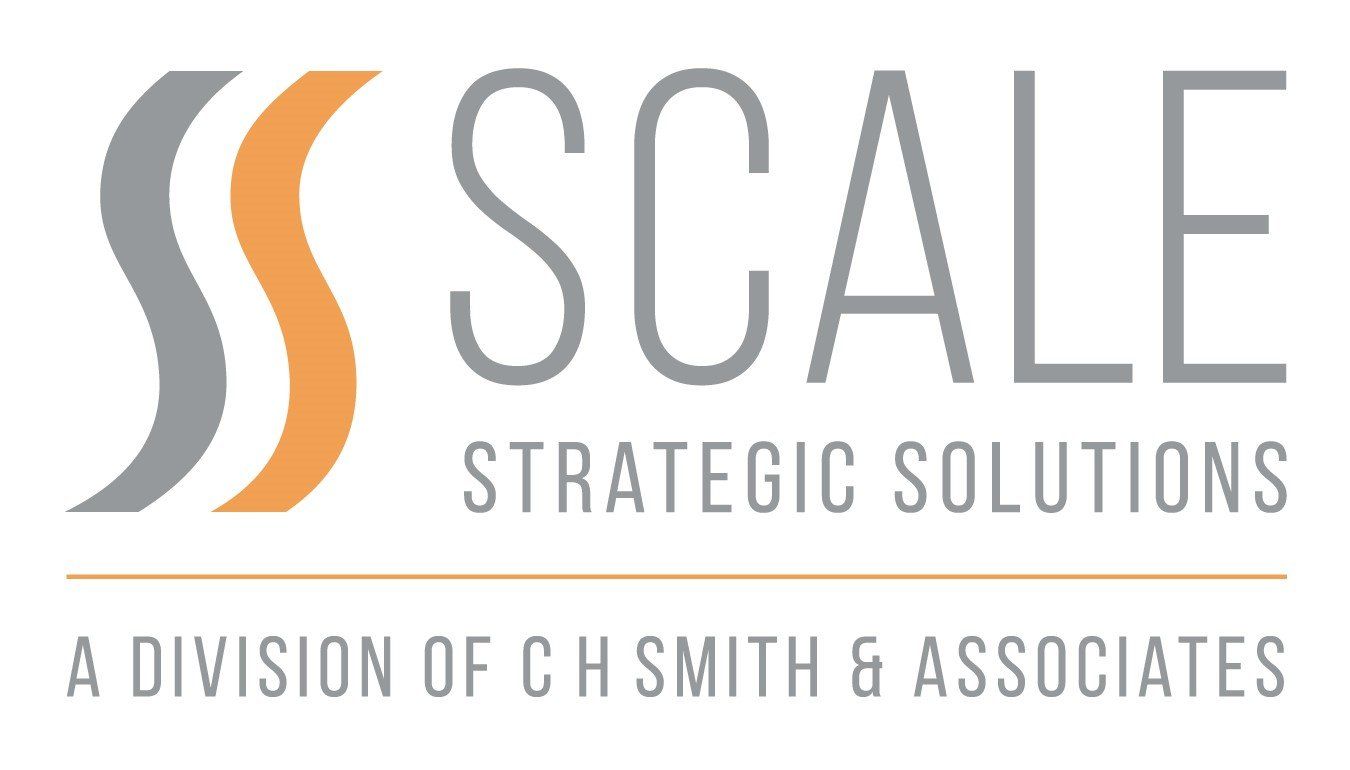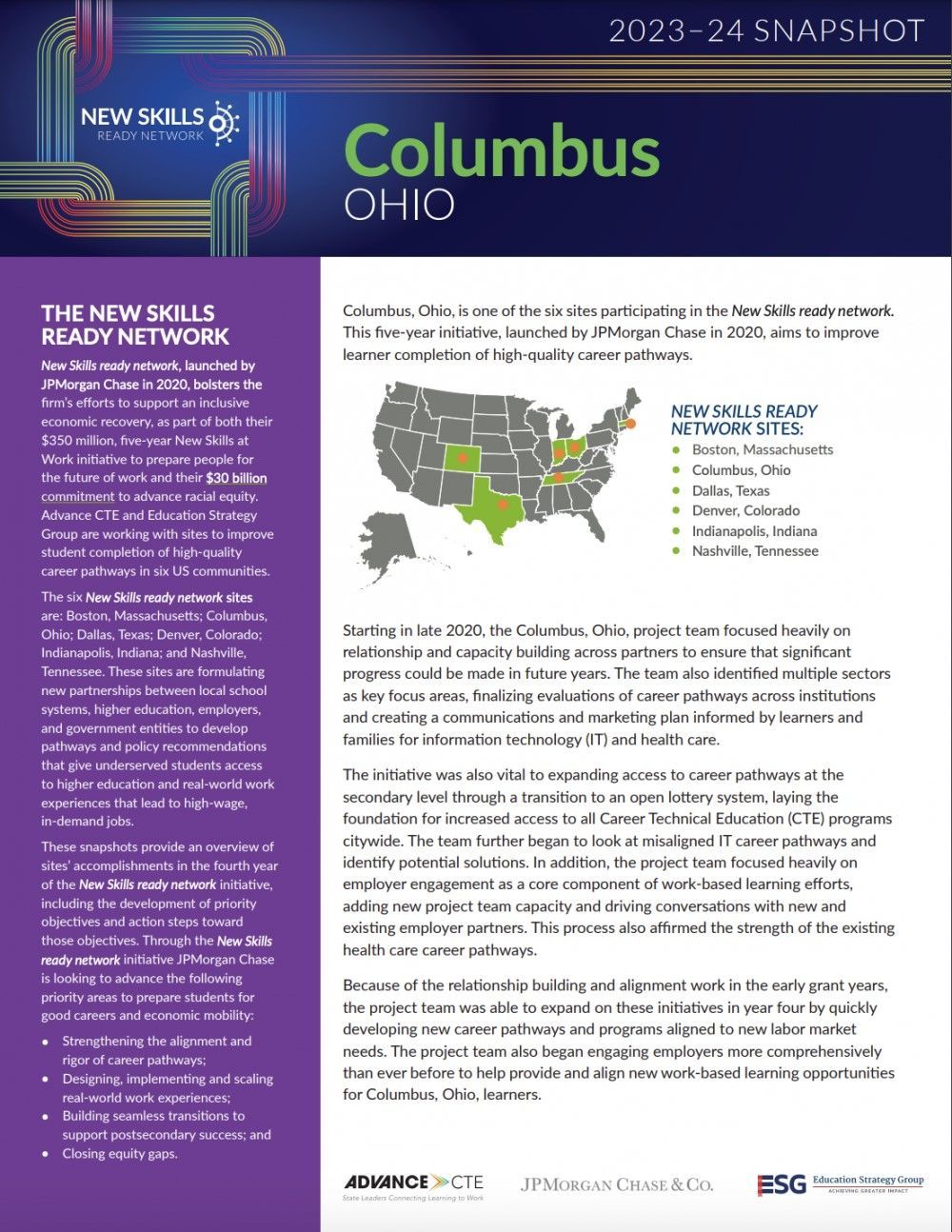Making Good Things Happen
Cultural Intelligence in Mental Health and Substance Use Disorder Treatment

By Robin Shabazz, Esq., Principal, The Eastledge Group
The future of the healthcare sector is becoming more consumer-centric. Why? Because the rising out-of-pocket costs of healthcare are turning patients into savvy consumers that demand better quality interactions, care and value from providers. This means providers and healthcare systems must adjust their approach to patient experience and patient engagement decisions by placing the diverse needs of its patients at the forefront. So how does a dynamic and multicultural industry like healthcare ensure it exhibits a patient-first mindset with every engagement? Well, it starts with building its cultural intelligence or CQ®.
Cultural intelligence is the capability to work and interact effectively across cultures. It is the underlying skill a provider must possess in order to exhibit cultural humility, sensitivity, competence and unbiased decision-making. Many healthcare providers treat all patients the same or how they believe a patient would want to receive care (remember the “Golden Rule?”). Yet, as patient populations becomes more and more diverse, this concept is no longer applicable. Believing all cultural groups have the same needs and expectations will lead to providers missing the opportunity to offer personalized and more effective patient care. And there are many specific benefits of delivering culturally intelligent patient care; such as having the ability to adjust to diverse patient populations needs with empathy, being comfortable leaning into emotional comfort with all patient groups, improved cross-cultural communication, higher medical plan adherence, and more personalized care. This opens the door to an increase in patient empowerment that ultimately leads to improved health outcomes. This is the CQ® difference - Better Patient Care with Cultural Intelligence.
Having CQ® is all the more important when treating patients who have a mental health or substance use disorder (SUD). That’s because patients with these health conditions have historically been stigmatized and confronted with negative biases that have been shown to impact their well-being and quality of care. When patients from historically oppressed cultural groups (e.g., LBGTQIA, Black, Native American, Hispanic, Asian-American, etc.) suffer with a behavioral health problem, they may experience what is called the “bias within a bias.” An example of how this phenomenon occurs happens when providers demonstrate implicit bias when treating minoritized patients, who have already experienced systematic exclusion from access to treatment for their mental health or substance use disorder. And this is further exacerbated when these two disorders are co-occurring, which is the case for more than 1 in 4 adults in the United States.
So, what is “implicit bias?” There are many sources that define this term, however I like this definition by the American Psychological Association, which reads: “Implicit bias,…is a negative attitude, of which one is not consciously aware, against a specific social group.” When you exhibit this type of unconscious bias, you’re not only unaware of these negative behaviors or thoughts you possess, but they also often go against your stated beliefs (i.e., “I treat all my patients the same”) and Hippocratic Oath. Research demonstrates this everyone has implicit bias, period! So it’s not a matter of “if” providers will unknowingly treat certain patients differently than others, it’s a matter of “when.” And when a provider has some level of implicit bias toward various patient groups, it can lead to poorer patient-provider interactions. In a landmark study conducted by the Institute of Medicine, entitled “Unequal Treatment,” experts from multiple medical disciplines determined that racial minorities received worse health care than non-minorities (even when access to care barriers were controlled for) and that bias played a likely role.
Over the past several years, The Eastledge Group , Scale Strategic Solutions along with health economics expert Strategik513 have partnered with healthcare agencies that understand how implicit bias impacts health outcomes and have chosen to take affirmative steps to minimize its effects and advance health equity. They have chosen the CQ® Way. When you chose the CQ® Way, as a healthcare system, provider or clinician you are choosing to partner with experts who are committed to understanding how they can use cultural intelligence to reduce the impact of implicit bias in behavioral healthcare settings and begin to implement proven CQ strategies to improve health equity and make it a core competency for all of your leaders.
Contact us if you are interested in learning more about the benefits of cultural intelligence in behavioral healthcare.
The Eastledge Group LLC
Scale Strategic Solutions
www.scalestrategicsolutions.com
Strategik513










